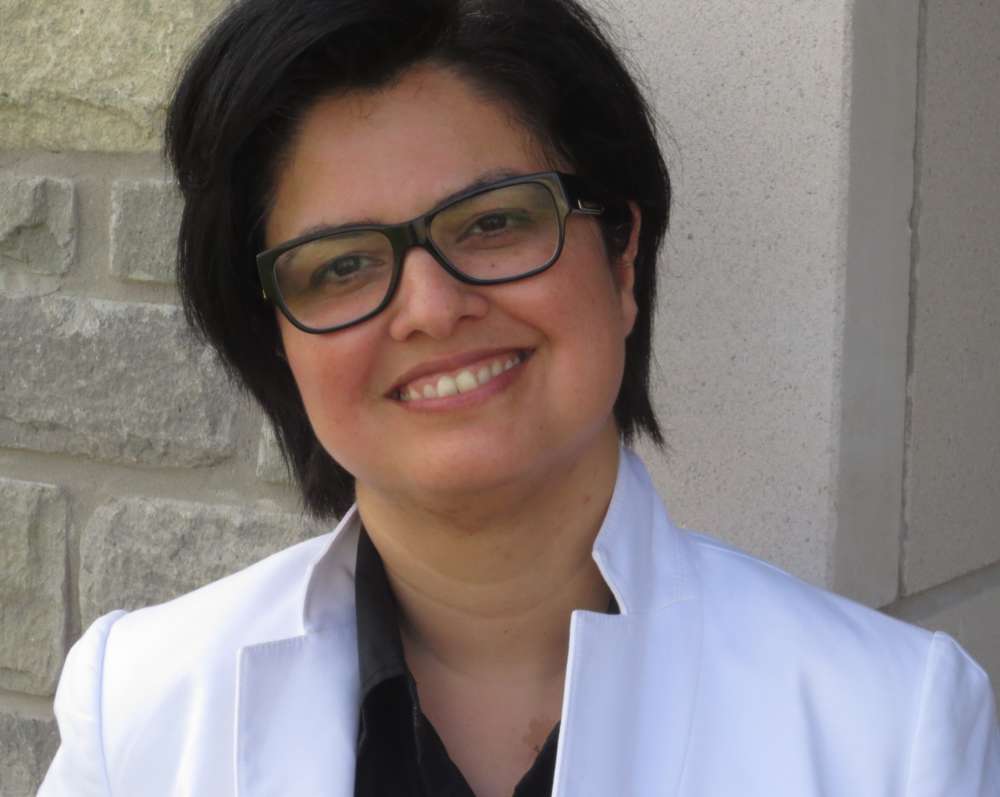When graduate student Keerthana Madhavan first came to the University of Guelph last semester, she noticed two things: a welcoming community and the absence of a student cybersecurity club.
With the help of Dr. Rozita Dara, a professor in the School of Computer Science at the College of Engineering and Physical Sciences, she started CyberGryph. The new club is U of G’s chapter of Women in Cybersecurity (WiCyS), an American-based organization fostering international communities of women in cybersecurity through networking and professional development opportunities. WiCyS is sponsored by companies including Google, Microsoft and The Home Depot.
Making cybersecurity more accessible

Creating a club isn’t new to Madhavan, who sometimes questioned her decision to pursue her bachelor’s degree in computer science.
To motivate herself and others in cybersecurity, and to educate the broader community about the growing field, she created Windsor’s WiCyS chapter, the first in Canada.
At U of G, Madhavan is now pursuing a master of computer science with an artificial intelligence specialization and research in cybersecurity.
About 18 months ago, An Nguyen, former program manager for the course-based master of cybersecurity and threat intelligence, was approached by a representative from WiCyS to create a U of G chapter and then reached out to Dara for help.
Creating diverse spaces

Before joining U of G in 2013, Dara worked for the Privacy Commissioner’s Office of Ontario and for BlackBerry. Her experiences there and earlier in grad school were always pleasant, she said, and while there weren’t a lot of women around her, she was among diverse students from different backgrounds and ethnicities.
“I was lucky that industry and government environments were quite diverse,” she said. “I realized how much it can help generate new ideas and foster an innovative culture. It’s also an environment that is more compassionate, where you will feel included.”
Dara has seen increasing recognition of women in cybersecurity. In 2014, she brought the Canadian Celebration of Women in Computing conference (then called the Ontario Celebration of Women in Computing) to U of G.
“There were around 300 attendees, so it was a big event at the time,” she said. “Events like this help raise awareness about the IT and cybersecurity work opportunities for women and the need to build more inclusive and diverse workforces.”
Using passion for change

CyberGryph is still being developed, with website design and member and board recruitment under way. By March, Madhavan, who is CyberGryph president, and Dara hope to begin hosting networking events, workshops, mentorship programs and talks showcasing cybersecurity at U of G.
Beyond that, they hope to encourage a growing sense of community.
“We want to create a space for students to get to know each other and make connections,” said Madhavan. “I had some good support and mentors help me throughout my degree, so I want to do the same for others.”
Contact:
Dr. Rozita Dara
drozita@uoguelph.ca
